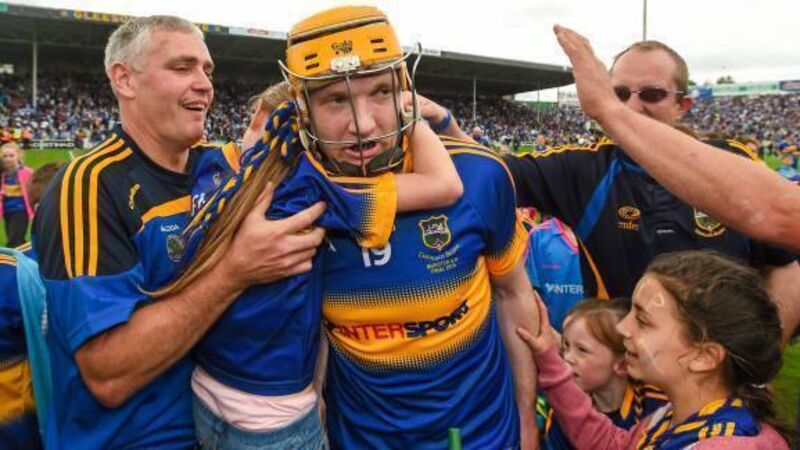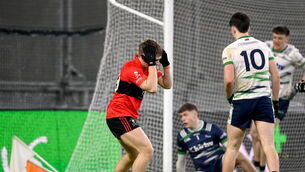Michael Moynihan: Hurling’s 2015 grand design

Does that matter? To a certain constituency, the Munster hurling final will always have carry a little of the old Woody Allen line about an entirely different activity: The worst one you could imagine was still right on the money.
Still, the obvious question is what differentiated this year’s edition from the previous unquestioned classic of the genre.













